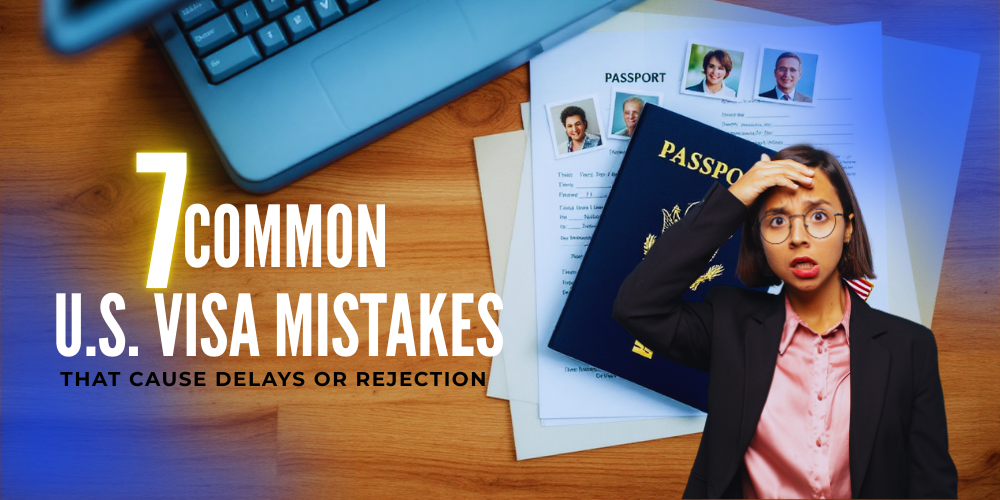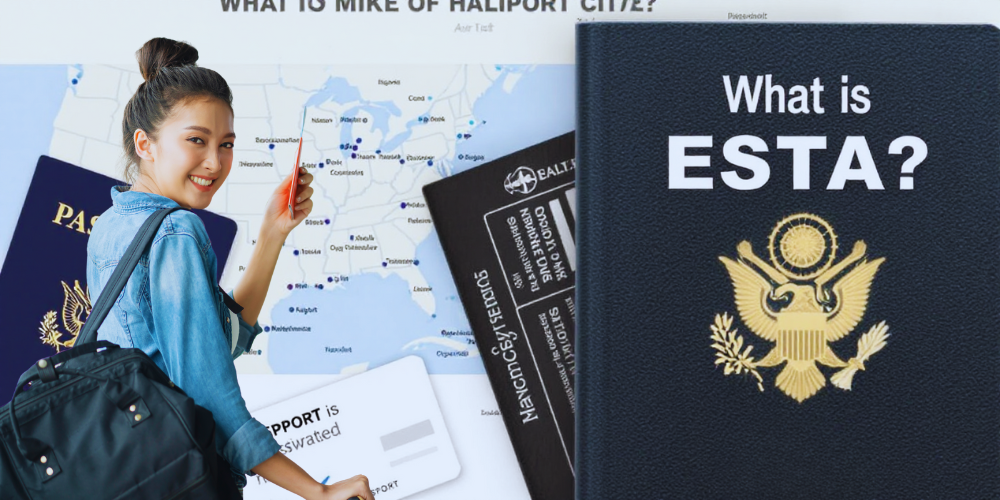--------- Naturalized Citizen – Shocking Truths & Powerful Rights Revealed in 2025
May 12, 2025

A naturalized citizen is someone who was born outside the United States but has legally become a U.S. citizen through a formal legal process called naturalization. This process grants them the same rights and responsibilities as native-born citizens, with very few exceptions.
Unlike citizens who are born on American soil or to American parents, naturalized citizens must meet specific eligibility criteria, file applications, pass tests, and take an oath of allegiance to complete their journey to full citizenship.
Definition and Legal Meaning
In legal terms, a naturalized citizen is defined under the Immigration and Nationality Act (INA) as a person who voluntarily becomes a citizen of the U.S. after meeting the legal criteria. These citizens are issued a Certificate of Naturalization and are recognized as equal under the law.
Difference Between Naturalized and Native-born Citizens
While both types of citizens have similar rights, native-born citizens are constitutionally eligible to become the President of the United States—a right not extended to naturalized citizens. However, for all other federal, state, and civic engagements, they stand on equal footing.
Path to Naturalization in the U.S.
The road to becoming a U.S. citizen can be long, but it’s a rewarding journey. It generally starts with legal permanent residency and ends with taking the Oath of Allegiance.
Eligibility Requirements
To apply for naturalization, one must:
- Be at least 18 years old
- Hold a green card (legal permanent resident) for 3–5 years
- Demonstrate good moral character
- Pass the English and civics tests
- Show attachment to the U.S. Constitution
Step-by-Step Naturalization Process
- Prepare Form N-400 (Application for Naturalization)
- Submit fingerprints and undergo background checks
- Attend a citizenship interview
- Pass the English and civics tests
- Take the Oath of Allegiance at a naturalization ceremony
The History of Naturalization Laws
The United States has a rich and evolving history when it comes to citizenship.
Evolution of U.S. Citizenship Laws
The first naturalization law was passed in 1790, initially favoring white, land-owning men. Over time, significant changes, including the 14th Amendment and the Immigration and Nationality Act of 1965, expanded access to people of all races and nationalities.
Key Amendments and Milestones
- 1868 – 14th Amendment grants citizenship to all persons born or naturalized in the U.S.
- 1924 – Indian Citizenship Act grants citizenship to Native Americans
- 1952 – Immigration and Nationality Act standardizes naturalization processes
Benefits of Being a Naturalized Citizen
Once naturalized, individuals enjoy a variety of benefits that profoundly impact their lives.
Voting Rights
Naturalized citizens gain the right to vote in all federal, state, and local elections—a cornerstone of democracy.
Access to Government Jobs
Many government jobs require U.S. citizenship. Naturalized citizens can access these roles, which often come with job security and excellent benefits.
Travel Flexibility and Passport Power
With a U.S. passport, naturalized citizens can travel to more than 180 countries without needing a visa and receive consular assistance abroad.
Responsibilities of a Naturalized Citizen
Citizenship comes with privileges and duties.
Jury Duty
Naturalized citizens may be called to serve on juries, a vital function in the U.S. judicial system.
Paying Taxes
Just like any other citizen, naturalized individuals must pay federal, state, and local taxes.
Upholding the Constitution
They are expected to support and defend the Constitution, including participation in civic life and promoting democratic values.
Common Misconceptions About Naturalized Citizens
Misunderstandings persist about naturalized citizens, often fueled by misinformation.
Loyalty Myths
Some believe naturalized citizens are less loyal than native-born citizens. However, their commitment is often stronger due to their journey and the formal oath they take.
Deportation Fears
While rare, naturalized citizens can lose citizenship only under extreme circumstances, like fraud during the application. Every day, mistakes or minor legal issues typically don't result in deportation.
Employment and Security Clearances
Naturalized citizens can work in most federal agencies and obtain security clearances, though some sensitive roles may be restricted to native-born citizens.
Challenges Faced During the Naturalization Process
Despite its rewards, the naturalization process can be daunting.
Language Barriers
Learning English is a hurdle for many applicants, especially older adults or those from non-English-speaking countries.
Financial Constraints
Filing fees, legal costs, and test preparations can be financially burdensome.
Complex Legal Requirements
Understanding the paperwork and navigating the legal maze often requires assistance from lawyers or nonprofit organizations.
Naturalization vs. Permanent Residency (Green Card)
Though both allow living in the U.S., naturalization offers more permanence and privileges.
Dual Citizenship and Naturalization
What’s Allowed and What’s Not
The U.S. allows dual citizenship, but not all countries do. Applicants should check their native country's policy before pursuing U.S. naturalization.
Countries with Dual Citizenship Treaties
- Canada
- United Kingdom
- Australia
- France
- Germany (with conditions)
Renunciation and Revocation of Citizenship
When and How Citizenship Can Be Lost
Naturalized citizenship can be revoked in cases of:
- Fraud during the application
- Involvement in terrorism or subversive activities
Legal and Political Implications
Revocation is rare and often followed by lengthy court procedures. It typically applies to criminal or deceptive actions during the naturalization process.
How Naturalization Affects Family Members
A naturalized citizen can petition for family reunification, helping spouses, children, and sometimes parents gain lawful status or citizenship.
Naturalized Citizens in U.S. Politics
While they cannot become President, naturalized citizens can hold other powerful offices, including Governor, Senator, and Mayor.
Citizenship Ceremonies – A Moment of Pride
These ceremonies are deeply emotional, marking the end of a long journey. Participants take the Oath of Allegiance and often celebrate with friends, family, and community leaders.
Legal Rights Protected After Naturalization
Naturalized citizens enjoy:
- Equal protection under the law
- Protection from discrimination
- Right to due process
Filing and Documentation Tips for Applicants
- Double-check all forms
- Hire reputable immigration lawyers if needed
- Attend free workshops and info sessions by nonprofits like USCIS or local immigrant aid groups
Real-Life Stories of Naturalized Citizens
From CEOs to public servants, the stories of naturalized citizens reveal resilience, hope, and success. Their contributions enrich the cultural and economic fabric of the nation.
Future of Naturalization in a Changing America
With immigration reform on the horizon, naturalization laws may evolve. Policy shifts could make the process faster or more inclusive in the years ahead.
Frequently Asked Questions (FAQs)
1. Can a naturalized citizen be deported?
Only under extreme conditions like fraud or criminal activities, during naturalization.
2. How long does the naturalization process take?
Typically 8–14 months from filing to the Oath Ceremony.
3. Can naturalized citizens bring family members to the U.S.?
Yes, they can sponsor spouses, children, and parents.
4. Do naturalized citizens have the same rights as native-born citizens?
Yes, except they cannot run for President or Vice President.
5. Is dual citizenship allowed for U.S. naturalized citizens?
Yes, but it depends on the other country’s laws.
6. What’s the cost of applying for naturalization?
As of 2025, the filing fee is approximately $760, not including legal help or extra documentation.
Conclusion
Becoming a naturalized citizen is a monumental step filled with challenges, triumphs, and transformative power. It’s a testament to resilience, determination, and the universal desire for freedom and opportunity. If you're on this path or considering it, know that your journey strengthens the very core of the American dream.
Recent Articles

Top Digital Nomad Visas in 2026 (Portugal, Croatia, Estonia & More)
Remote work isn’t a trend anymore — it’s infrastructure. By 2026, governments aren’t just to

Seasonal Travel Planning: Spring in Europe (Visa Tips Included)
Spring—stretching from March through May—hits a sweet spot many travelers overlook. The continen

Best Schengen Countries to Visit with One Visa
A Schengen visa is one of the most powerful travel documents for exploring Europe. With a single app

ETIAS Explained: Europe’s New Travel Authorization System
Europe is shaking up short-stay travel, and if you’ve ever zipped across the continent visa-free,

7 Common U.S. Visa Mistakes That Cause Delays or Rejection
U.S. visa delays and refusals are rarely caused by a single dramatic mistake. More often, they stem

ESTA Explained: Who Needs It and How to Apply in 2026
The ESTA—short for Electronic System for Travel Authorization—is the quiet gatekeeper behind vis
Read More

Top Digital Nomad Visas in 2026 (Portugal, Croatia, Estonia & More)

Seasonal Travel Planning: Spring in Europe (Visa Tips Included)

Best Schengen Countries to Visit with One Visa

ETIAS Explained: Europe’s New Travel Authorization System

7 Common U.S. Visa Mistakes That Cause Delays or Rejection

ESTA Explained: Who Needs It and How to Apply in 2026

Welcome to the VisaTravel blog. We know that navigating the maze of visa applications and online forms can be as tricky as choosing the perfect travel playlist (which is all we want you worrying about anyway).
Throughout our years of experience, though, we’ve uncovered a mountain of knowledge which, via this blog, we’re sharing with you! Whether you're diving into the world of travel visas, wondering about the ESTA online hustle, or just trying to figure out the DS160 form, think of us as your online concierge, here to make the process easy and most of all, clear.
At this point in our global context, who has time for endless paperwork and confusing legal jargon? No one. That's why we're all about spilling the tea on online visa hacks, easier-to-work-with DS160 forms, and giving you tips on everything from tourist visas to immigration, to that last-minute ESTA online adventure.
So, just plug in a word you’re curious about on the search bar, and boom. We've got the tips, tricks, and insider info to help you (and anyone else you may be traveling with) get to your travel destination with the confidence of a seasoned traveler.
Now go explore!
 U.S. Visa
U.S. Visa
 Canada eTA
Canada eTA
 Schengen Visa
Schengen Visa
 New Zealand eTA
New Zealand eTA
 United Kingdom eTA
United Kingdom eTA
 Australia eVisitor
Australia eVisitor
 Vietnam eVisa
Vietnam eVisa
 Egypt eVisa
Egypt eVisa
 Singapore Arrival Card
Singapore Arrival Card
 Sri Lanka eVisa
Sri Lanka eVisa





